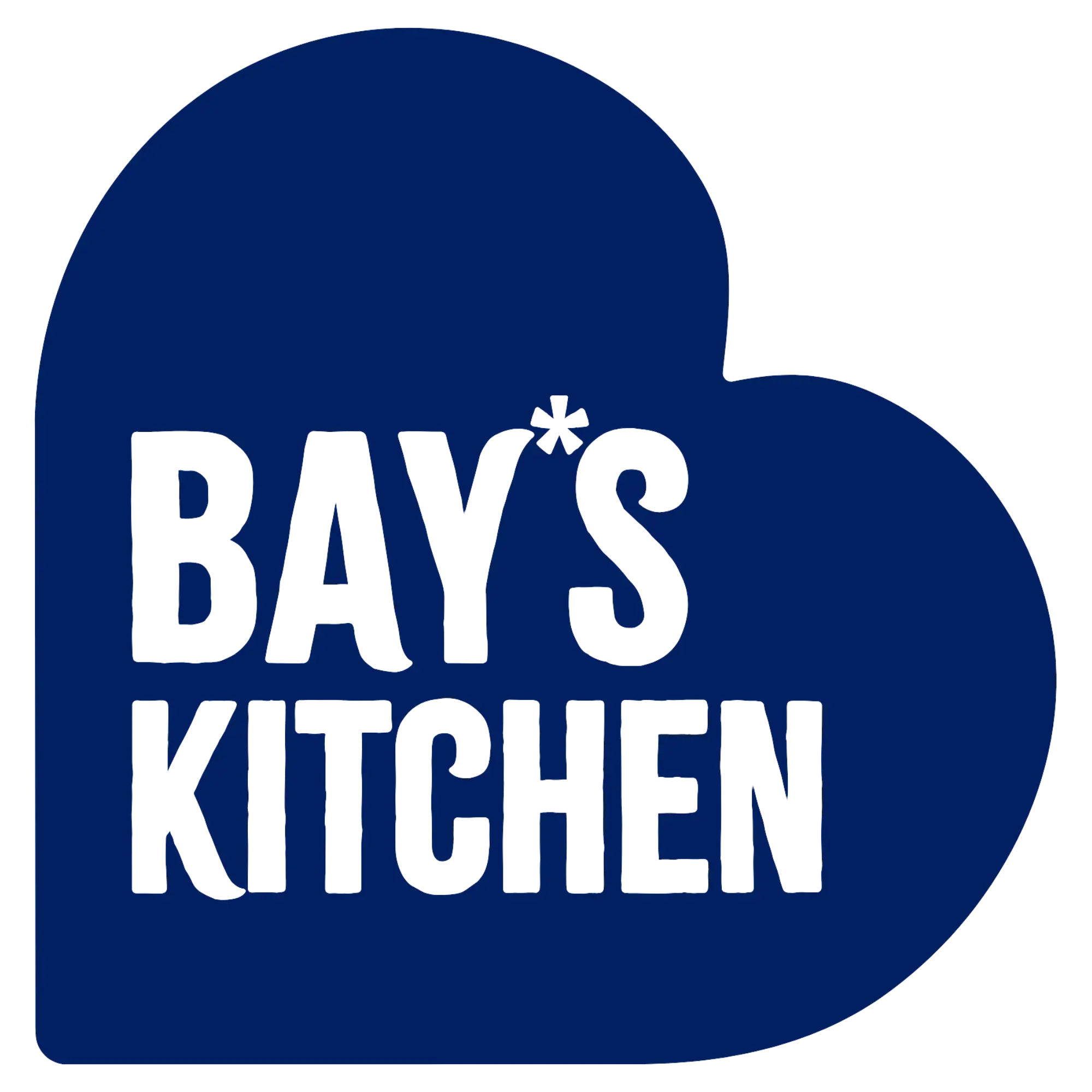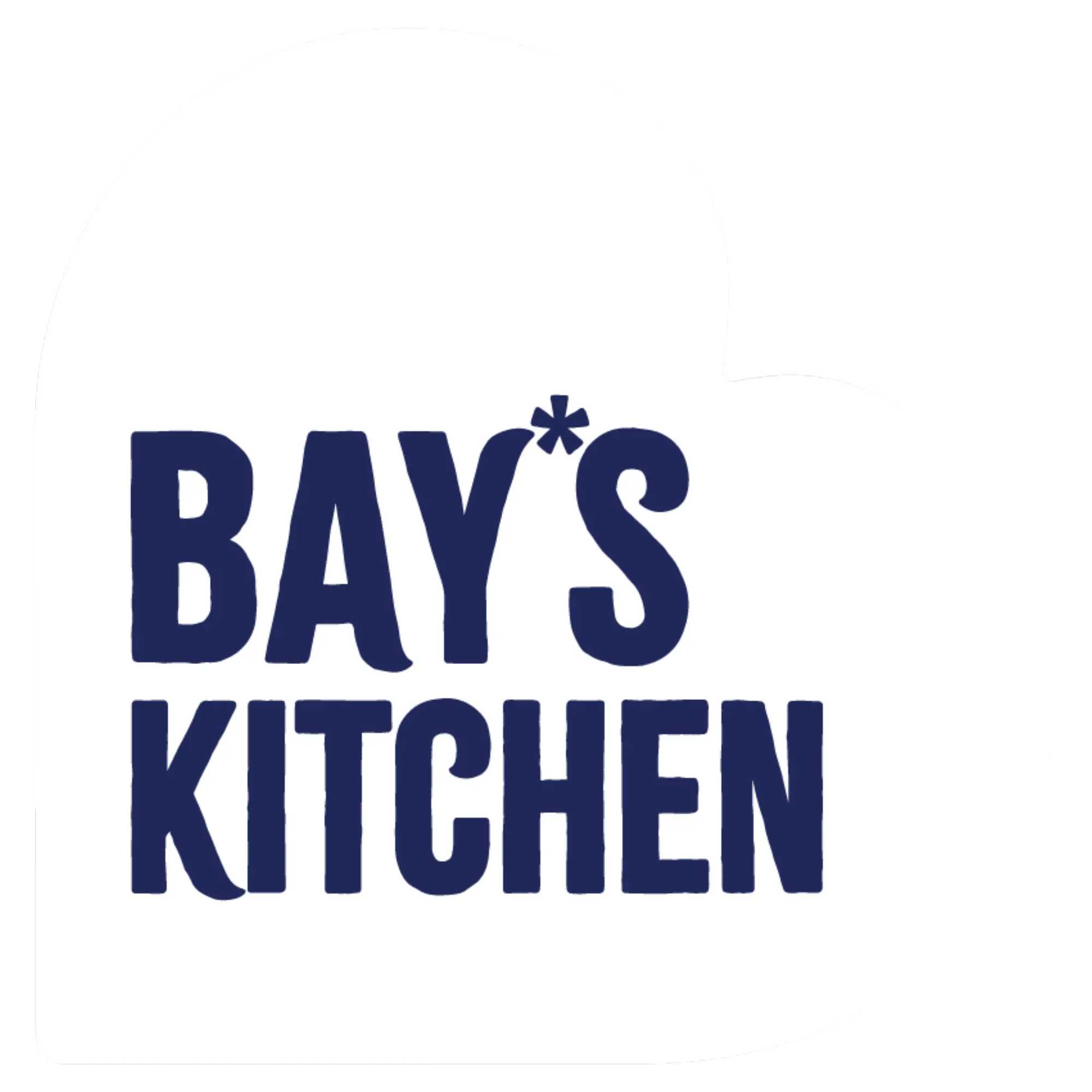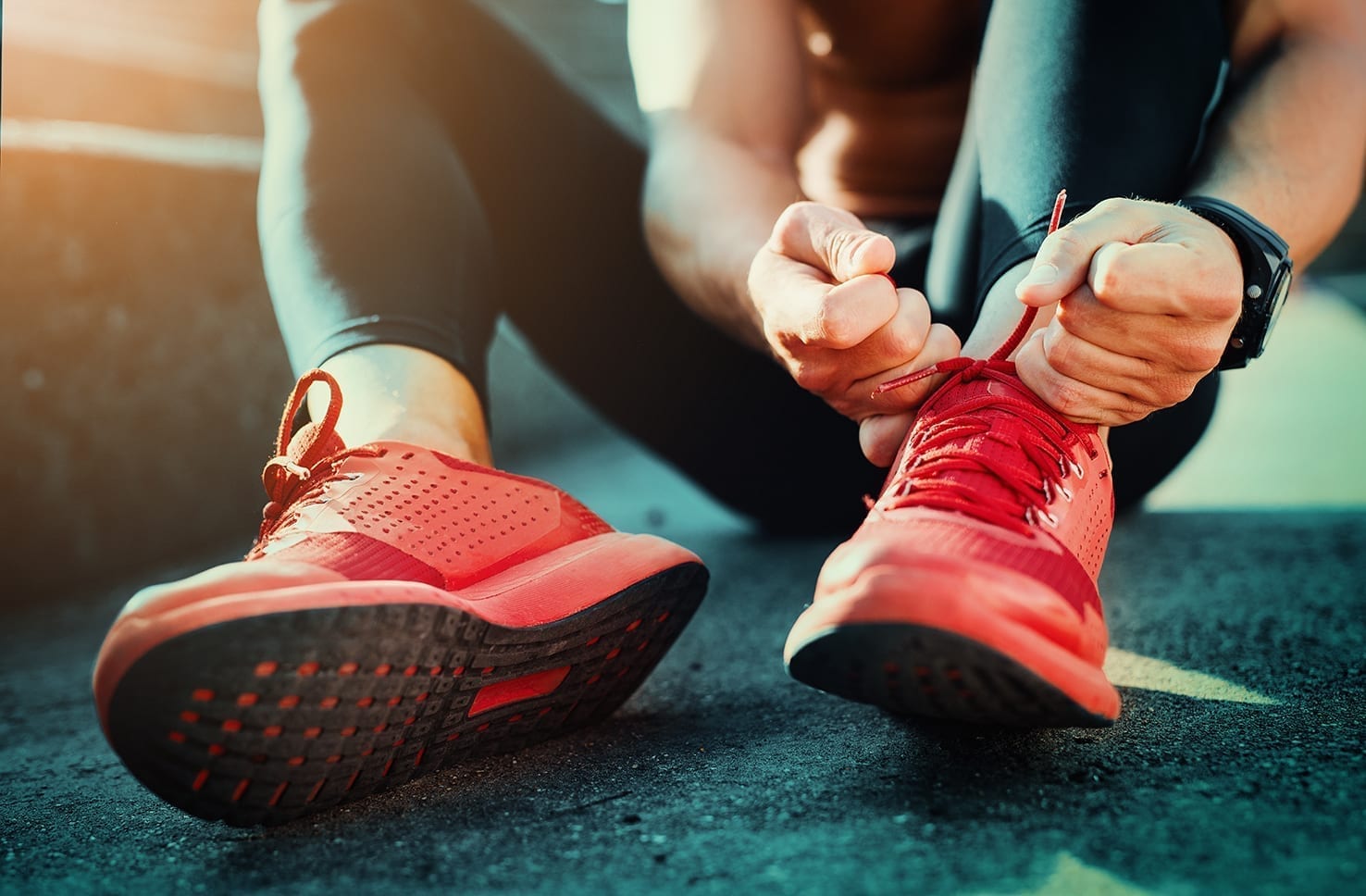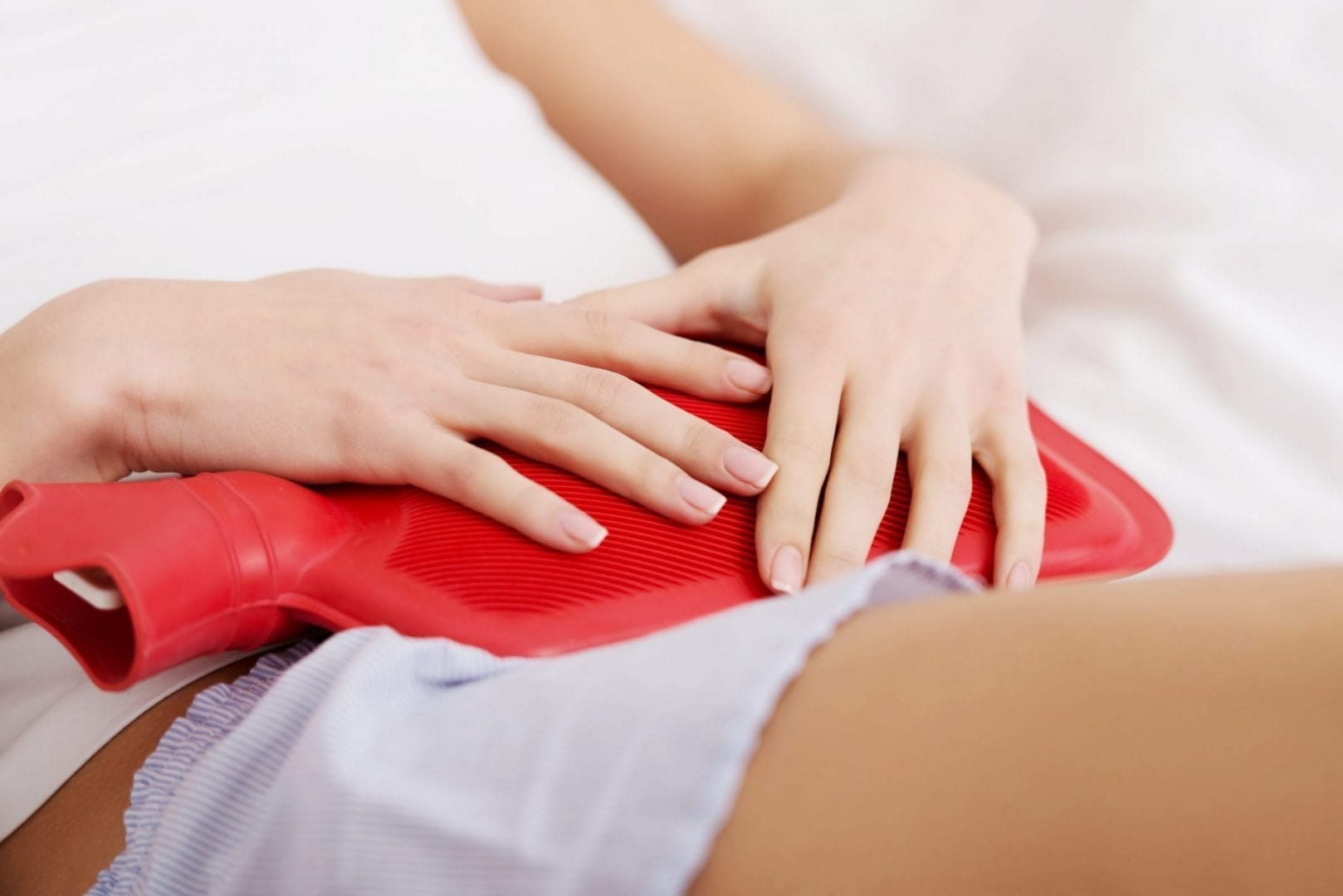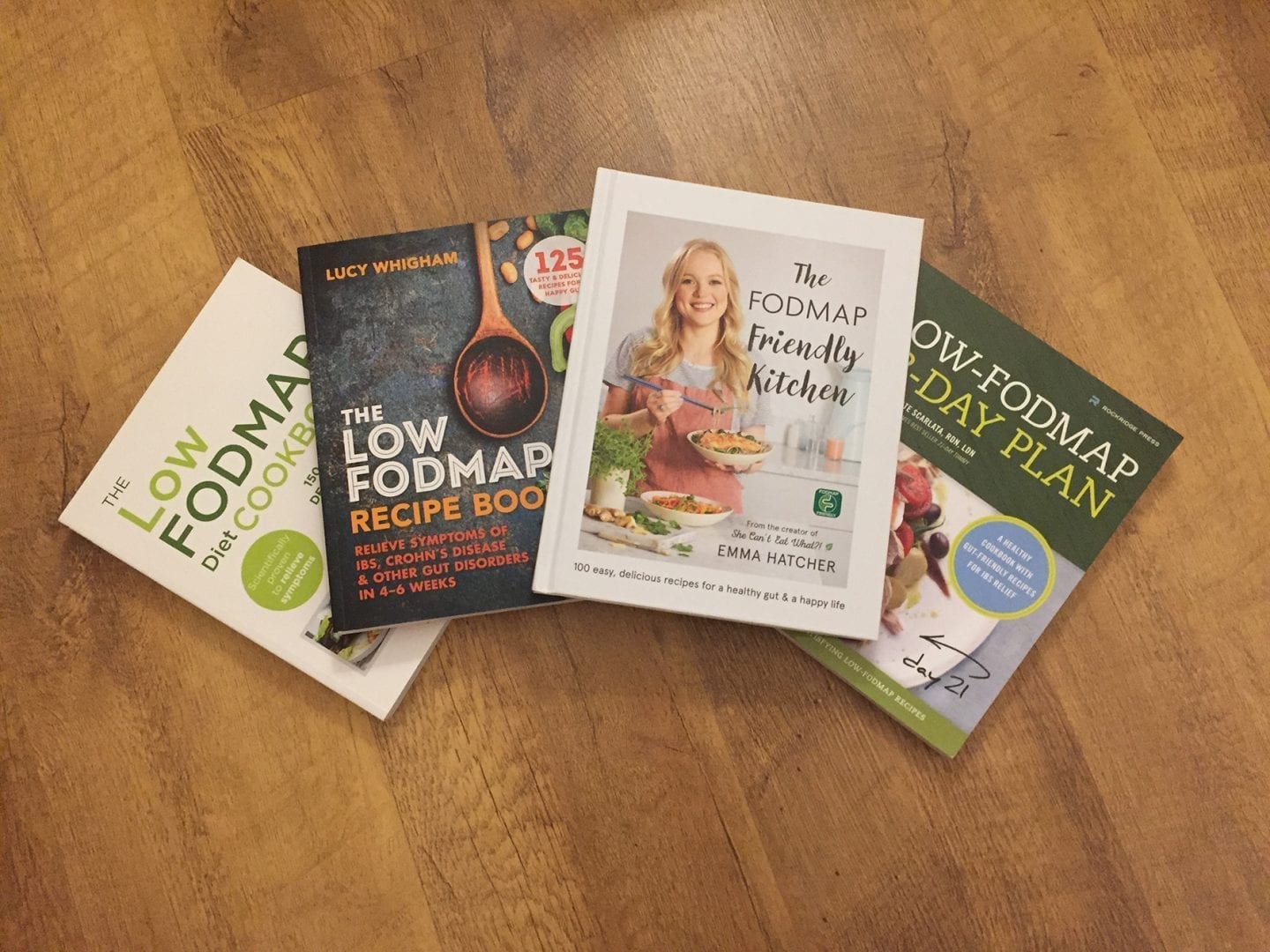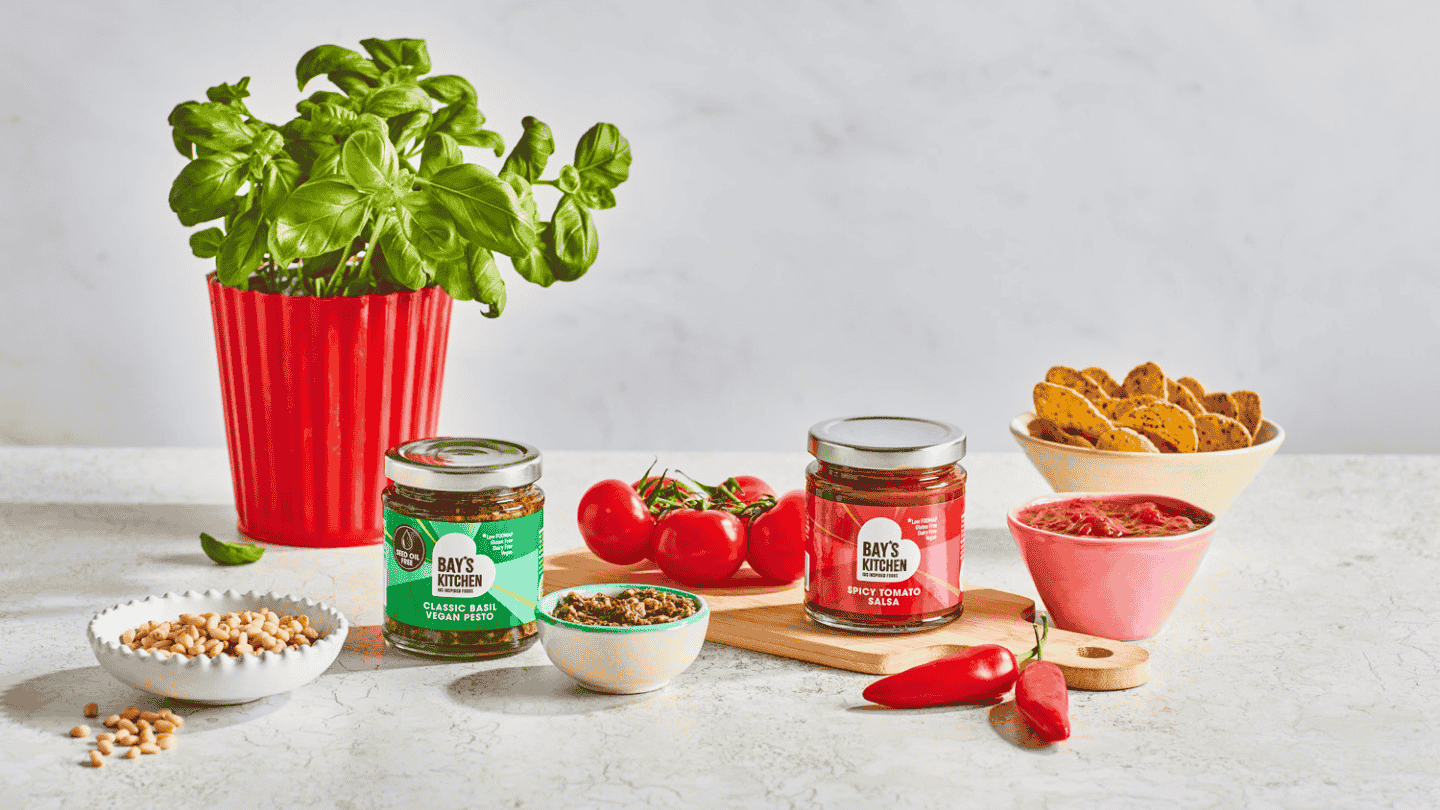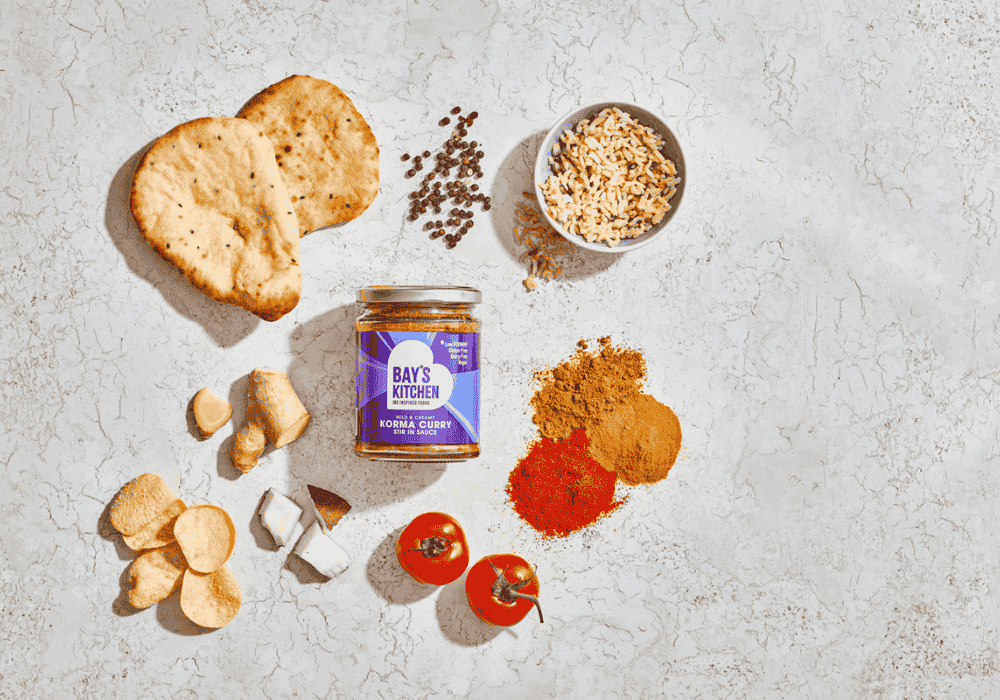Grab your trainers, here are our tips on how to burn off energy (even when you’re not feeling very energetic)…
You know when you’re having a bad day. You feel like your digestive system is in total meltdown and even the thought of going to the gym stresses you out. Well, the good news is that you can hold off on that major workout.
Research shows that gentle exercise is the best way for IBS sufferers to boost their mood, manage their weight, lower stress and even improve IBS symptoms. So, with that in mind, here are our tips for an active, healthy lifestyle…
WHAT NOT TO DO
The latest studies into IBS and exercise point towards doing light to moderate activities being more beneficial than doing intense aerobic workouts.
In fact, for people with gut problems and conditions like IBS, studies have shown that excessive, vigorous exercise could make their symptoms worse.
In a review published in the journal Alimentary Pharmacology and Therapeutics, researchers discovered a proportional increased risk of gut damage and impaired gut function as exercise grew in intensity and duration. They also found that exercising in hot temperatures appeared to affect the gut, according to the study, it can trigger significant gut disturbances.
WHAT TO DO
However, other studies have shown that light to moderate exercise can improve symptoms and stop them getting worse. A Swedish study, for example, found that those who were told to get some more exercise had better odds of seeing improvements in problems like cramps, bloating, constipation and diarrhoea.
For people who are currently less-than-active, even a moderate increase in exercise may curb irritable bowel symptoms, concluded the researchers.
So, the key here is gentle and moderate.There’s no need to be super-sporty or a full-on marathon runner (unless you want to be) but exercising is important – it can keep you healthy and lessen symptoms. So, how to get going?
START SMALL
Setting small goals makes it more likely you will achieve success and stay active. If you don’t currently exercise, how about going for a brisk 10 min walk in your lunch break? Or getting off the bus one stop early? Once you’ve done this for a week or so, you could think about joining a local walking group (social media is a great place to find them) and going for longer walks at weekends, with friends and family.
Once you get into your stride, how about including a quick run as part of your walk? (Tip: the NHS Couch to 5k is a great free programme to try). Other great ways to boost your fitness include cycling and swimming.
TAKE CARE
Stick to routes you feel comfortable with and don’t go far from home (particularly if you’re not feeling 100% and need quick-access to a bathroom).
Other gentle exercises that work your muscles and lower your stress levels, without injuring your gut include: yoga, Pilates, and martial arts, such as Tai Chi. Remember too that everything adds up, so being active can include other daily, minor activities – routinely taking the lift instead of the stairs, walking the dog and doing the housework (well, at least it keeps you fit!) all count.
WHEN TO EXERCISE
There will be days when you, understandably, want to tuck up with a hot water bottle rather than pound the streets or go for a swim. So, go easy on yourself on those days.
Generally speaking though, to get into a routine, it’s helpful to either exercise at the same time each day or to have a weekly schedule of when you can squeeze exercise into your day.
For example, if you work long hours at the office, it’s unlikely you’ll find the time to exercise after work. So, going for a lunchtime walk or doing some yoga first thing in the morning may be the way to go. Likewise, save longer sessions – such as swims and Pilates classes – for the weekends when you’re more likely to have the energy to make them happen.
It’s also important to think about food. Schedule your exercise for at least two hours after eating and stay hydrated by drinking enough water.
RELAX
When you’re suffering from IBS, even the idea of exercise can be the last thing on your mind. That’s totally understandable. And if you’re nervous that exercise will kick-start a flare-up, then the stress of that can actually make your symptoms worse.
So, sometimes, the best thing to do is relax and put the kettle on (for a peppermint tea) and skip the exercise. Or if you want to stay home but do have some energy, why not try a relaxation routine?
Generally though, if you’re up to it, and you’ve planned your activity well (you know where the closest bathrooms are; you’ve not eaten anything that might upset your gut that day; you’ve had plenty of water; you’re not overdoing it) then try not to worry.
Once exercise becomes part of your lifestyle, it may help improve your symptoms, keep you fit and healthy (and you may even learn to love it).
This article was written by Joanne O’Connell
> Journalism: the Guardian
> Book: The Homemade Vegan
> Follow: @byesupermarkets
